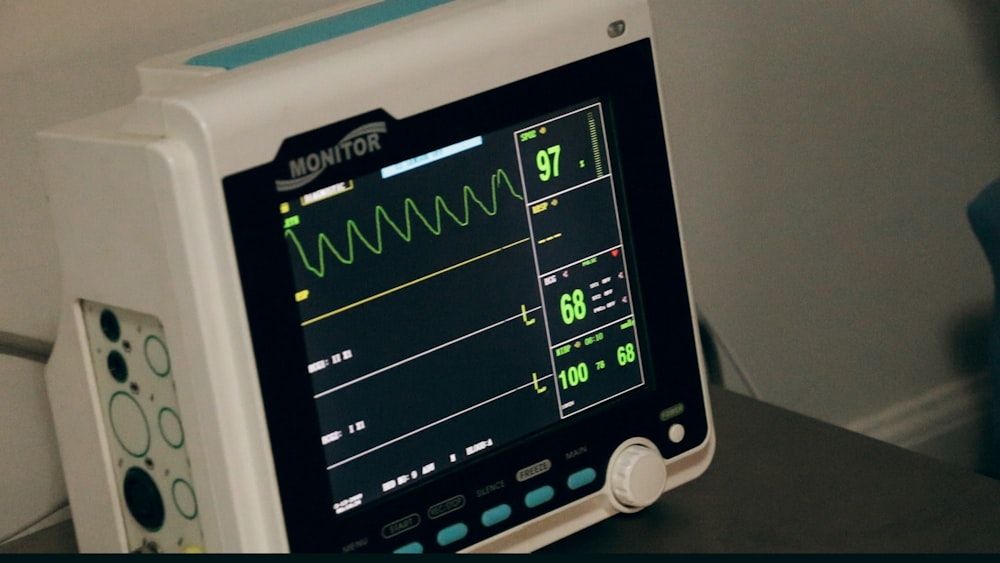
Medical translation is a specific field within translation services. The people who offer medical translation services are highly skilled, highly qualified, and very experienced at giving the best translations to their clients.
What is medical translation?
First off, what is medical translation? As the name suggests, medical translation is translating anything within the medical field from one language to another. There are over 6000 languages in the world, so medical translation can be a very broad field. It can also include all kinds of documents and files, for example, patient notes or records, treatment records, written notes or audio files from meetings with patients, or any other notes made in a medical setting.
Why is medical translation difficult?
Medical translation is a specialist skill. Firstly, the translator needs to be fluent in both languages – the source language and the target language – this will help to ensure an accurate translation. Ideally, the linguist will also be a native speaker of the target language. This makes sure that their translation will sound correct and smooth to other native speakers, rather than risking having the translations sound clunky and strange to other native speakers.
As if that wasn’t enough, medical translation also requires good knowledge of medical terminology. As a scientific field, medicine uses a lot of highly technical words – think of any medication you have ever taken, or any diagnoses you’ve heard of, they are often in long difficult terms, like paracetamol or hyperglycemia. It is common in scientific and medical fields to use terms like this because they are much more accurate and efficient than other terms and because a lot of the medical field is rooted in Latin or Ancient Greek language. This means that a medical translation professional will also need to know all of these specific medical terms in order to properly translate a document.
What this means for the linguist
This already shows how medical translation is a highly skilled task. It can be very difficult for a linguist to learn all of the correct terminologies, especially since they may have to learn them in multiple languages. This can greatly add to the complexity of the task, and make it a more challenging job.
Medical translation also has a very real effect on the mental wellbeing of the linguist. Dealing with medical paperwork or reports can lead to reading or listening to a lot of distressing details of medical cases for ill, injured, or vulnerable people. It takes a toll on people to ingest this information every day.
To further complicate this, medical translators cannot talk openly about the information they come across when doing their translations. It can often be beneficial to talk about the difficult bits of one’s job, but due to data protection, safeguarding, and privacy issues, medical translation linguists cannot reveal things that may have upset them while working. Plus, most translators are freelance workers who will not have co-workers to discuss things with. It can be a difficult and demanding line of work.
What does this mean?
This means that linguists who specialize in the medical field may come across more upsetting content than linguists who work in more benign translation fields, such as e-commerce translations or education translation. When someone becomes affected by reading about difficult situations that other people have experienced, this is known as vicarious trauma. Doctors, nurses, and healthcare professionals all need help and assistance maintaining good mental health when dealing with difficult cases. This can be the same for medical translation specialists. As with healthcare workers, they may find it beneficial to seek therapy if their work causes a particularly bad downturn in mood.
Additionally, medical translators have to stick firmly to their agreed-upon role. Even if they learn about a situation where they may be able to help – for example, if a neighbour is sick and would benefit from help – they would not be able to offer help or do anything based on this knowledge. They have to be very careful not to cross the boundaries of confidentiality.
Is it all bad?
Of course not! Being a medical translation specialist has positives and negatives, like any job. It can be very satisfying to know that you are helping people get the healthcare they need and that you are helping make sure that their medical records are understood and are fit for purpose.
However, since it is a specialist field and requires a lot of training, it is often sensible to get a professional translation service rather than relying on friends or family to help with any medical documents you need to have translated. This can spare your loved ones from the difficulties of having to translate medical documents, which can be stressful and requires a lot of hard work.
